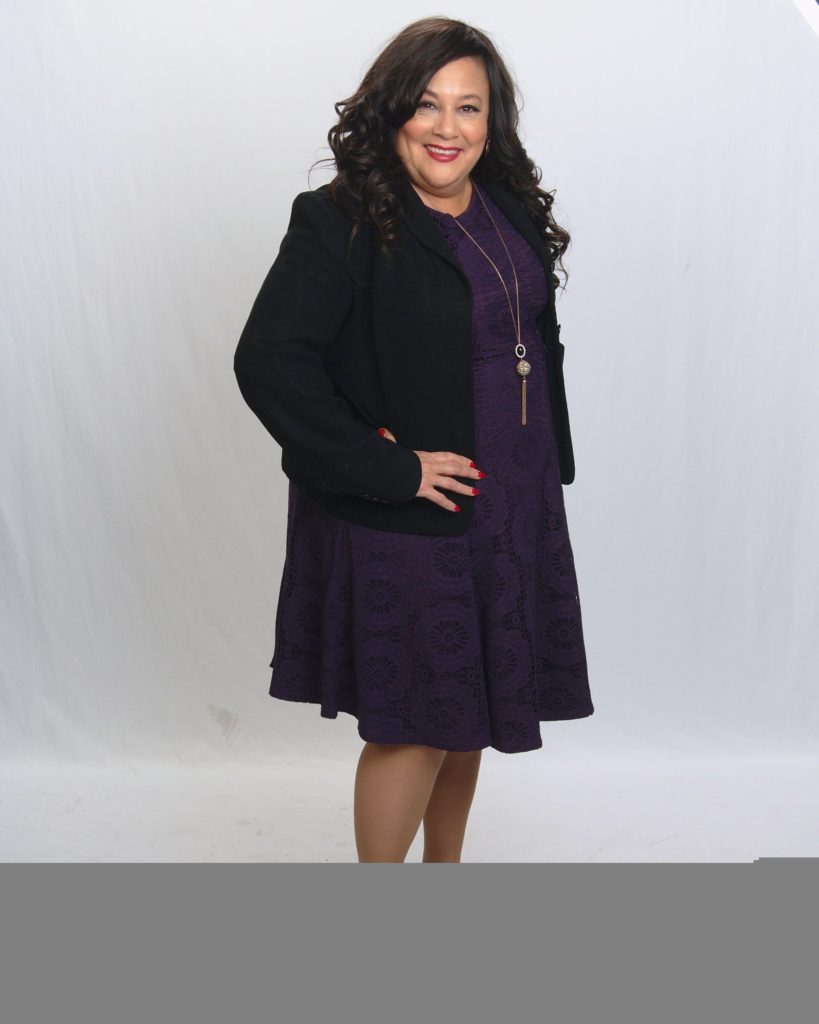A Nine-Step Framework for Helping You Live Your Best Life: A Guide for Counselors

Do you ever wish that you had an app to help you get your life back on track?
Unfortunately such a device doesn’t exist—and if it did, you would not need a therapist. It takes a lot of compassion, trust-building, safety, and the use of effective tools to help people solve problems.
Working as a Christian therapist for over three decades, I’ve done everything from helping couples restore seemingly shattered marriages to empowering victims of abuse. The work is hard and never glamorous, but I believe Christian counseling is truly a calling from God—a sacred trust. We must take people’s lives and souls seriously, providing the best quality of care to help them live Christ-centered lives.
I’ve also learned that the more we allow Christ to transform our own lives through His transformative power, grace, and principles, the more effective we become at helping others live healthy, balanced lives.

Of the many clients that I’ve worked with over the years, I’ve found one prevalent theme: people tend to repeat patterns from their past. These patterns can keep them stuck, hinder their growth, and hold them back from achieving all the great things God has for them. It’s something I explore more extensively with case studies in my book, Move Past Your Pain, Discover Your Purpose: Overcoming Negative Generation Patterns to Achieve Your Best Life.
Below is a nine-step framework you can use to help clients begin the process of recognizing and breaking these negative generational cycles:
- Be transparent and authentic.
Tell clients your story. Allow them to take a look at your life, and encourage them to share their stories with you. Modeling transparency and vulnerability for clients in this way gives them permission to look at themselves without judgment or criticism. If we’re honest, all of us are broken in some area of our lives (Romans 3:23). Also, within this setting, you can validate your clients’ stories, encourage personal growth, and identify future therapeutic goals.
2. Identify patterns that repeat.
Construct a genogram that will give your clients a visual of their background, family of origin, and patterns that connect to current issues in their lives that may need to be addressed.
3. Identify current and past stress patterns.
Help clients identify past and current stressors and coping mechanisms used to handle that stress. Illustrate healthy ways to respond, showing how to handle stress and cope in a Christ-centered way. Point out old behaviors and encourage your clients to keep a journal while implementing new coping behaviors.
4. Determine generational patterns.
Work with your clients to uncover the negative patterns they’ve carried into their adult lives and then offer tools to reverse these patterns. You might consider using biblical models; show clients that these problems are universal and not unique to them.
5. Take charge and overcome denial.
Where there is deep emotional pain, it is difficult to face painful truths. This is why it’s important to encourage your clients not to minimize or discount destructive patterns. Half of the battle is won when clients take responsibility for what they have done or suffered.
6. Learn to think differently.
If clients are stuck in a negative or destructive mindset and it’s causing them to be stuck in some area of their lives, use a cognitive behavioral approach to help clients change and transform their way of thinking.
7. Embrace faith and avoid magical thinking.
Encourage clients to embrace the reality of their situation and apply faith-based principles to their situation. Empower them to apply practical solutions to their lives and give them tools that they can use in the spiritual battle raging against all believers.
8. Build a positive legacy for the next generation.
Model and express the importance of healthy modeling to the next generation.
9. Forgive others, forgive ourselves.
Provide biblical and personal illustrations (examples are given in Move Past Your Pain) for why allowing forgiveness to sweep through our lives is so necessary for healing ourselves and others.
I encourage you to use these principles to help people live out the best life God has for them. Please feel free to email me at drmary@familyoutreachcounseling.comfor comments or questions.

Mary Simms, Ph.D., empowers people to embrace their God-given purpose and live their best life. Having survived breast cancer twice, and with over twenty-five years of professional counseling and speaking experience, she knows what it takes to overcome seemingly insurmountable odds. Dr. Mary has a Ph.D. in Theocentric Counseling, masters’ degrees in both Marriage and Family and Pastoral Counseling, and is a licensed Christian Therapist. She is the Founder and Director of Family Outreach Counseling Services, a multi-ethnic and multi-cultural professional counseling private practice with a faith-based approach. As a Minister, Dr. Mary served as Associate Pastor for Light and Life Christian Fellowship, a Free Methodist Church in Long Beach, CA, and was also a career counselor at Cal State University, Long Beach for many years. She has been in private practice for over thirty years.